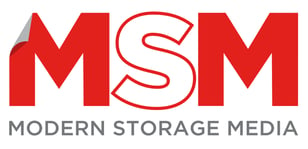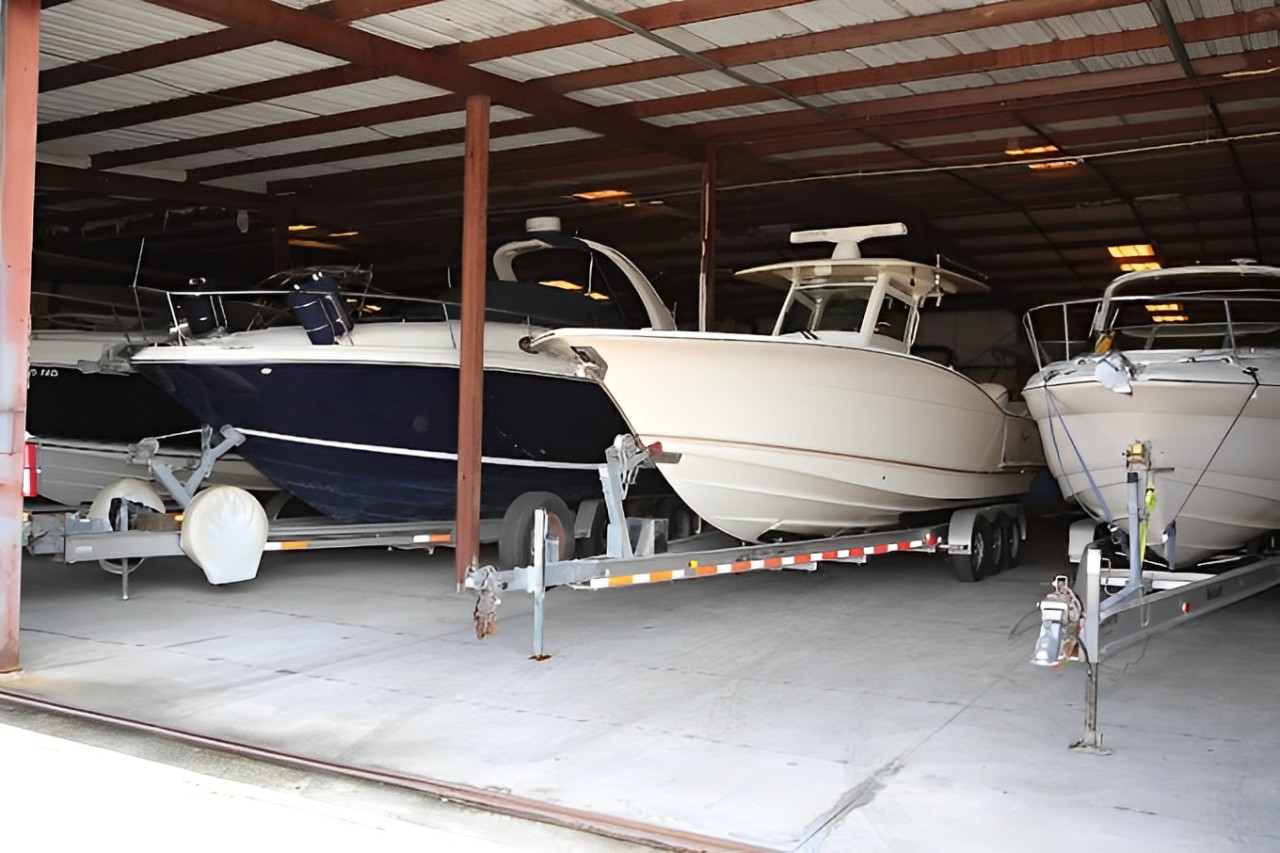Every so often, while traveling I’m asked about proper accessibility or ADA compliance for self storage doors. By no means is the list below all encompassing but it does give you a place to start. The first thing I tell someone is that they should refer back to the manufacturers’ instructions, installation booklet, and website for further details about their doors.
Over the past couple of months a number of questions have revolved around ADA door accessibility so I thought it might be helpful to review some of the guidelines that are set forth on this topic. Once again, it is important to note that although the information below can be used as a guide it should also just be a starting point for more research on your specific issue.
If you sell or install doors for self-service storage facilities, this information will help you. These questions mention the A117.1 accessibility standard, which is an International Code Council standard of technical requirements for making buildings accessible. It is referenced by many federal documents, state accessibility laws, and the International Building Code.
Even though “upward acting doors” are not included in the A117.1 accessibility standard referenced in building codes, the rolling sheet door industry is sometimes faced with code compliance. DASMA has developed a Technical Data Sheet (TDS 289) on the subject. Here are some questions and answers based on situations encountered with building owners, code officials and users of rolling sheet doors where accessibility is required.
Are all self-service storage facility units required to be accessible?
No. The International Building Code requires a certain minimum or minimum percentage of the units to be accessible. The number of accessible units is dependent on the total number of units in a particular facility.
Are there instances where a unit required to be accessible does not need an accessible rolling sheet door?
Yes. When a pedestrian/swinging door is additionally provided, the rolling sheet door is not required to be accessible. Most rolling sheet door manufacturers offer a pedestrian/swinging door as an option.
If a storage facility is required to be accessible and the rolling sheet door is automated, must the door also be accessible?
Yes. The means of disconnecting the motor must be accessible, and the means of manually operating the door must be accessible as well. The means of manually operating the door should only be used during loss of power.
Will the manual operating force of a door be different than normal if it has a motor attached?
Yes. The force limit for an automated door may be higher, because of design features inherent in an automated door. Automated door should be operated manually only in the event of a loss of power and the unit has to be accessed in an emergency situation.
What are the most commons ways to obtain ADA accessibility?
There are two common ways to achieve accessibility when utilizing rolling sheet doors subject to the approval of the local inspector. The first would be to add a strategically placed strap and rope to the door as shown in DASMA TDS 289. The second would be to automate the door. Automation is generally a more expensive option due to added cost of electrical work and motors. The door manufacturer can typically offer materials for the design and location of each of these items.
Is there a fool proof way to ensure that rolling sheet doors obtain ADA compliance or approval?
No, due to the fact that upward acting doors are not mentioned in A117.1 there is no way to determine if a local inspector will accept any of the above methods. That is why it is imperative that such issues be discussed with your local inspector and your door supplier before the project begins.
For more information visit DASMA.com
Bray Allen recently accepted the position of technical sales within DBCI of Douglasville, GA, a division of NCI Group, with focus on providing customers with custom solutions for both commercial and mini-storage doors. A six year DBCI veteran, Bray currently serves as head of Research and Development and Inside Sales Representative. For more information about custom solutions contact Bray Allen at 800.542.0501.
DBCI is a leader in designing and manufacturing commercial-grade steel curtain roll-up doors and self-storage solutions. DBCI maintains its success by focusing on the key components of business: quality, product development and service. For more information visit: www.dbci.com.














